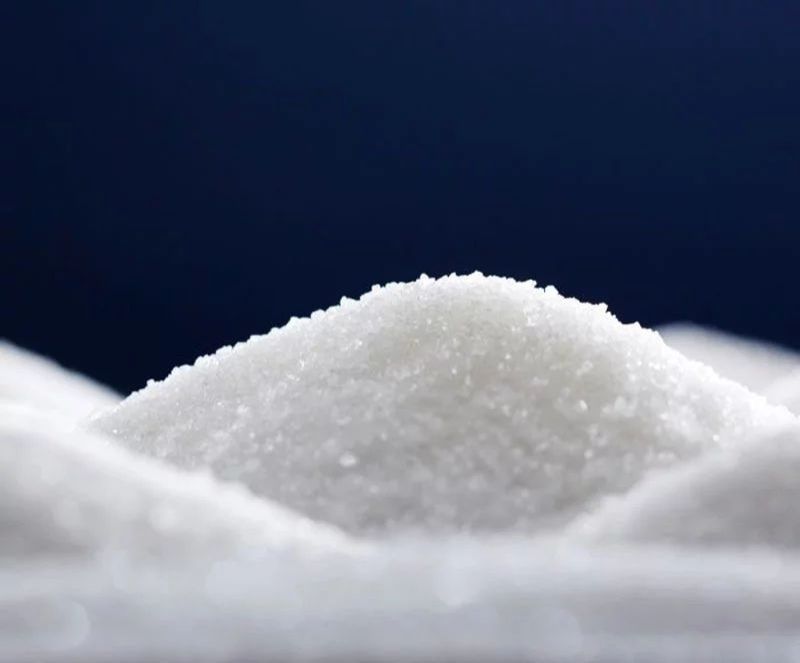Image Source – Google
When it comes to preserving products such as cosmetics, personal care items, and pharmaceuticals, ethanol preservatives play a crucial role. Ethanol, also known as ethyl alcohol, is a common ingredient in many preservative formulations due to its antimicrobial properties. However, understanding the effectiveness and safety of ethanol preservatives is essential for manufacturers and consumers alike. In this article, we will explore the various aspects of ethanol preservatives, including their effectiveness in preserving products and their safety considerations.
Effectiveness of Ethanol Preservatives
Antimicrobial Properties
- Ethanol is effective against a broad spectrum of microorganisms, including bacteria, viruses, and fungi.
- It disrupts the cell membranes of microorganisms, leading to their inactivation and death.
- Ethanol is commonly used in concentrations ranging from 60% to 90% in preservative formulations for maximum effectiveness.
Preservation of Products
- Ethanol preservatives help extend the shelf life of products by preventing microbial growth and contamination.
- They are particularly effective in water-based products, such as lotions, creams, and liquid formulations.
- Ethanol can also help stabilize formulations and prevent changes in texture, color, and odor over time.
Safety Considerations of Ethanol Preservatives
Skin Irritation
- High concentrations of ethanol in products can lead to skin irritation and dryness, especially in individuals with sensitive skin.
- It is important for manufacturers to carefully balance the concentration of ethanol in formulations to minimize the risk of skin irritation.
Flammability
- Ethanol is a flammable substance, and products containing high concentrations of ethanol can pose a fire hazard if not handled properly.
- Manufacturers must follow strict safety regulations and guidelines for the production and storage of products containing ethanol preservatives.
Health Concerns
- Prolonged exposure to high concentrations of ethanol can have adverse health effects, including respiratory irritation and central nervous system depression.
- Consumers should use products containing ethanol preservatives in a well-ventilated area and avoid inhaling the vapors.
Regulatory Considerations
Approved for Use
- Ethanol is an FDA-approved ingredient for use in cosmetics and personal care products within specified concentration limits.
- Manufacturers must comply with regulatory guidelines and standards to ensure the safety and efficacy of products containing ethanol preservatives.
Labeling Requirements
- Products containing ethanol preservatives must be labeled to indicate the presence of ethanol and provide information on safe handling and storage.
- Consumers should carefully read product labels and follow instructions to minimize the risk of adverse effects associated with ethanol exposure.
Conclusion
Overall, ethanol preservatives play a vital role in preserving products and ensuring their safety and efficacy. While ethanol is effective against a wide range of microorganisms, manufacturers must carefully consider the concentration of ethanol in formulations to minimize potential side effects such as skin irritation and flammability. Consumers, on the other hand, should follow product labeling instructions and use products containing ethanol preservatives in a safe and responsible manner. By understanding the effectiveness and safety considerations of ethanol preservatives, manufacturers and consumers can make informed decisions to ensure the quality and integrity of products.
